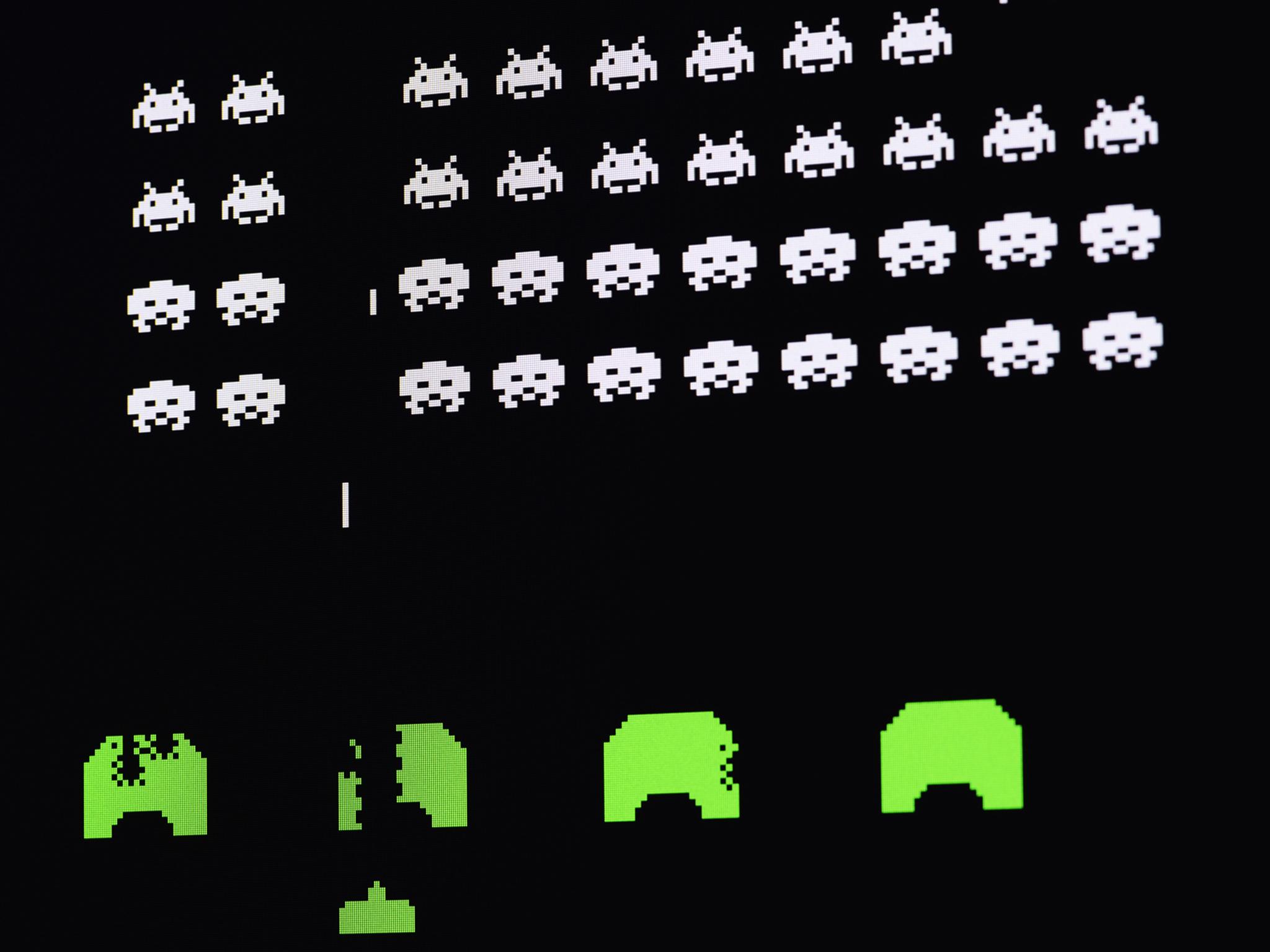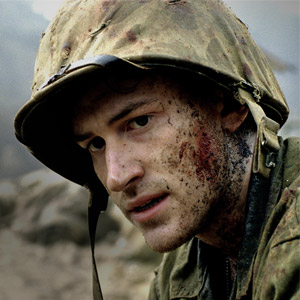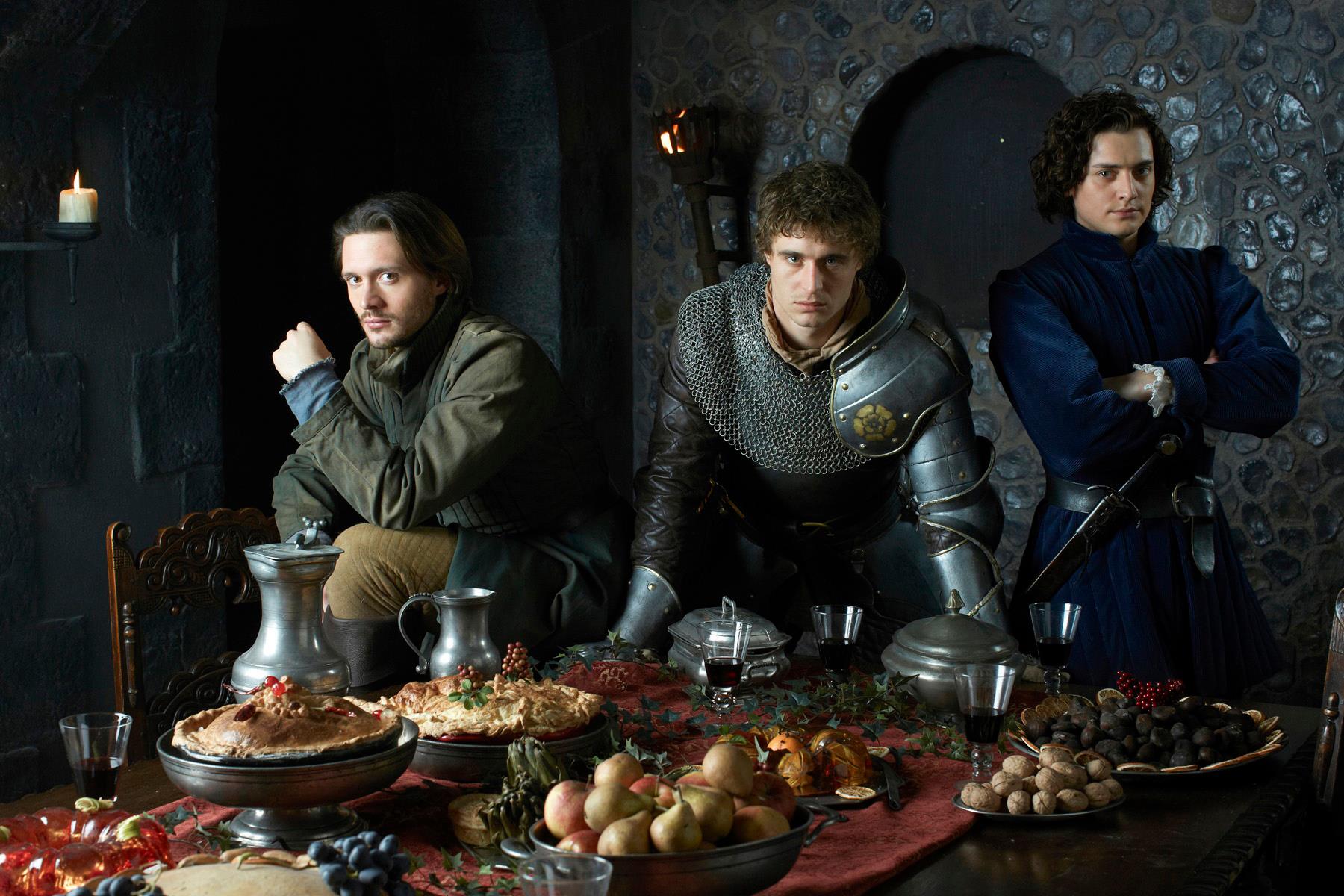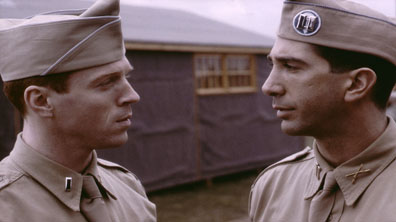In the meantime, we’ve finished watching Band of Brothers. Since I’d avoided it at the time, thinking that it would probably be Saving Private Ryan extended over 10 hours (due to Spielberg and Hanks’ involvement), I must say that I am positively surprised and very impressed. Yes, there was some pathos and sentimentality, but these need not be bad. The series does try to give an impression of what it was like for the soldiers, and there is room for these emotions. It’s silly and not a little arrogant to condemn all instances of sentimentality in war-related films, series and books, as some European critics would seem to do.
Clearly, the winning countries would seem to be more comfortable with war nostalgia, and at its most extreme I do find it rather distasteful – and dishonest. Rhetorics of “honour”, which usually go along with war sentimentality and nostalgia, so often gets in the way of an honest, complex discussion that addresses the darker aspects of the winning side’s engagement as well.
This is one thing that Band of Brothers does really well. Especially the last episode makes it clear that, yes, there is heroism in the men who fought, but that doesn’t make them infallible good guys. You get Liebgott going off on vigilante missions, shooting the people suspected of having been involved in the running of concentration camps. You understand his anger and hatred, clearly, but even Webster (whose occasional glee at killing ze Germans has been chilling at times) can’t bring himself to go along with Liebgott’s making himself into judge, jury and executioner.
At this point, after the German army has surrendered, many of the men have become their own worst enemy. But then, throughout the series, the Germans as such haven’t really been the enemy. The soldiers on the other side of the line – the people who will kill you if you don’t kill them (and it’s the same for them) – are the enemy. The sheer randomness of artillery fire, explosions, whizzing bullets is the enemy. Bad commanding officers, bitter cold, gangrene – those are the enemies. In that respect, the series has been consistent in providing the perspective of the men fighting – a perspective curiously, at times uncomfortably unaware of the larger context.
Which is why the ninth episode, “Why we fight”, was so important and so uncomfortable. It’d be too reductive to call it “the concentration camp episode” (echoes of “They call me Concentration Camp Erhardt!”, but that might just be me). It’s the episode that addresses the Germans’ culpability, the way none of the civilians, when facing the soldiers, seem to have been Nazis or Nazi sympathiser. They all claim to be innocent bystanders. But faced with the incomprehensible horror the American soldiers find when they happen upon a work camp (not even one of the more gruesome concentration camps), it’s difficult to swallow that line of “It wasn’t us, it was the others, the bad Germans, and anyway, we’re as much victims as them!”
What made the episode, and the series, for me is how Band of Brothers very rarely makes explicit comments and judgements. It leaves that to the viewers. In the last scene of “Why we fight”, as Nixon watches the German civilians bury the decaying corpses (some of the Germans clearly physically sick, others crying – some still children, some too old to have done anything much) , he sees the proud, if not even arrogant elderly woman he’d happened upon earlier. There’s defiance in her face as she looks back at him. Does she judge him for this collective punishment? Is she telling him, “Yes, I accept our culpability. Would you do the same?” Is she simply showing him that she – and by extension, Germany – can’t be broken? Or perhaps a combination of all of these? We don’t know, Nixon doesn’t know, perhaps she doesn’t even know.
The last episode has a similar moment – not quite as strong perhaps and rather simpler in terms of good/bad/right/wrong, but still very effective. The US soldiers watch as a German general addresses his troops. The general’s demeanour is arrogant, yet what he tells his men (in German, translated by Liebgott) strikes a chord in the paratroopers: “Men, it’s been a long war, it’s been a tough war. You’ve fought bravely, proudly for your country. You’re a special group. You’ve found in one another a bond, that exists only in combat, among brothers. You’ve shared foxholes, held each other in dire moments. You’ve seen death and suffered together. I’m proud to have served with each and every one of you. You all deserve long and happy lives in peace.”
Out of context, the speech may come across as “Yeah, we know, yadda yadda, blah blah”. Within the episode, and coming at the end of ten episodes, it works – and it is interesting that it was put in the mouth of a German general, speaking to his soldiers. At first this way of melding the two sides – Allies, Axis – felt uncomfortably apolitical to me, but I’ve accepted that the series chose to represent the perspective of the fighting men, and that perspective is different from that of the history graduate looking over from a comfortable distance of fifty years.
I’m very curious about the follow-up project that HBO is working on now, covering the war in the Pacific. I remember many of the (sometimes angry) reviews of Letters from Iwo Jima, denouncing Eastwood’s inadequate relativism (see for instance the Salon.com review). But the discussion of why it’s worse to humanise the Japanese soldiers than the Germans will have to wait for another time. Otherwise we’ll still be here by tomorrow…
P.S.: I apologise for the lack of photos – there simply don’t seem to be any good pictures of the last two episodes to be found, and I didn’t have time to make screen captures. If I get around to writing a short review of Iron Man, though, there’ll be pics and videos. Yay!



